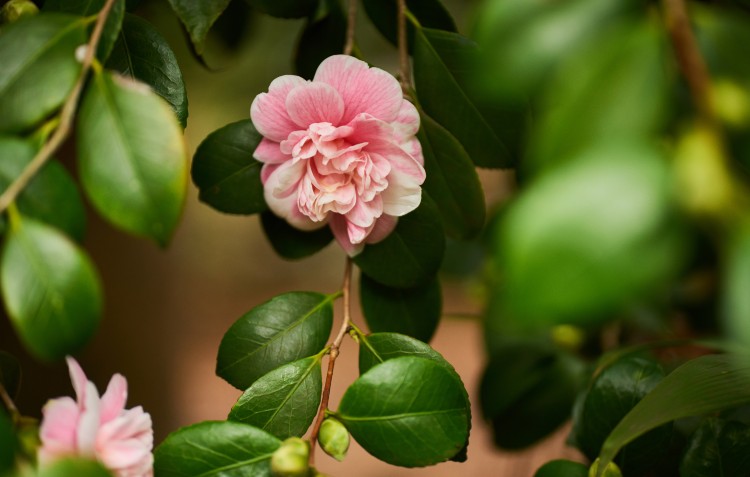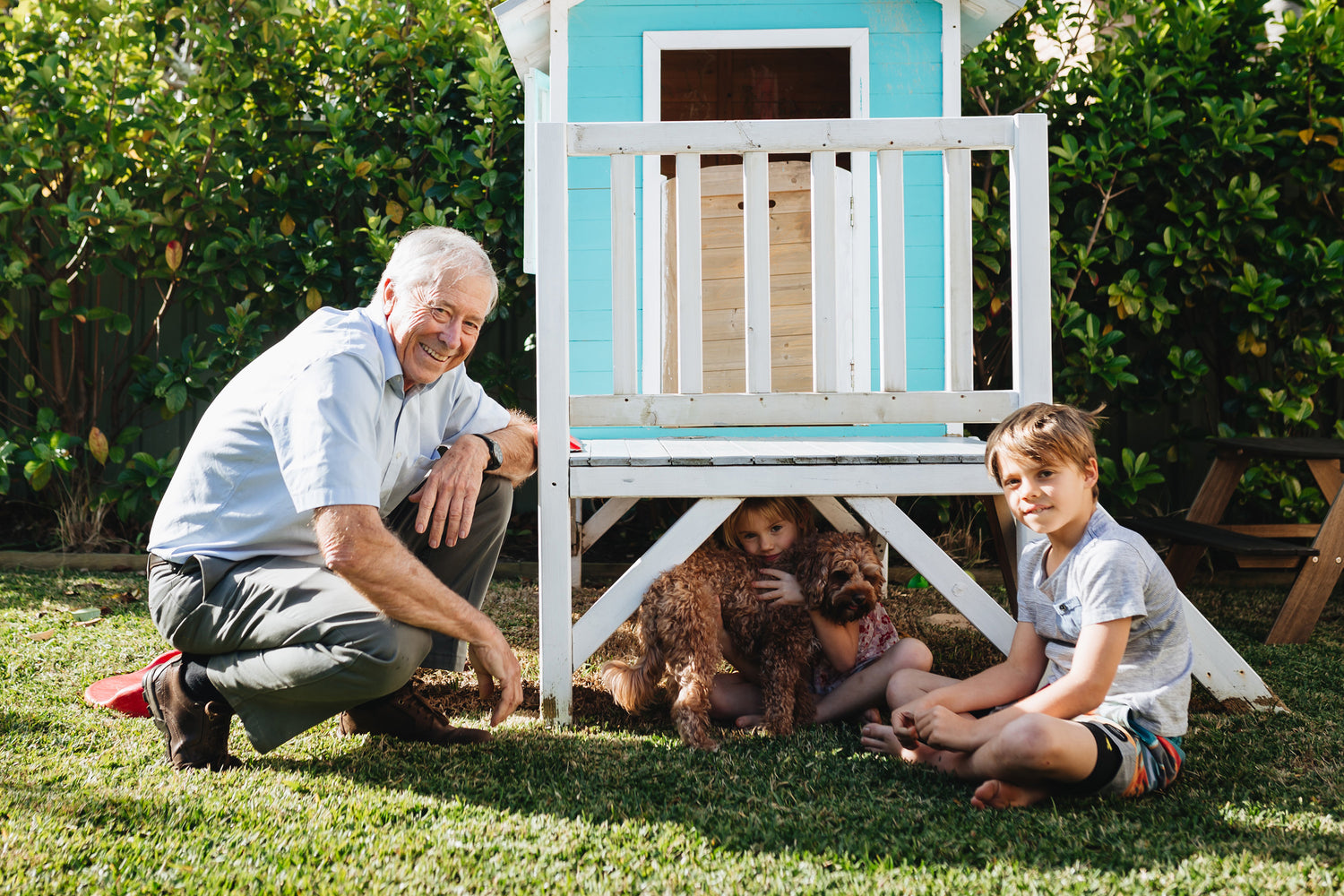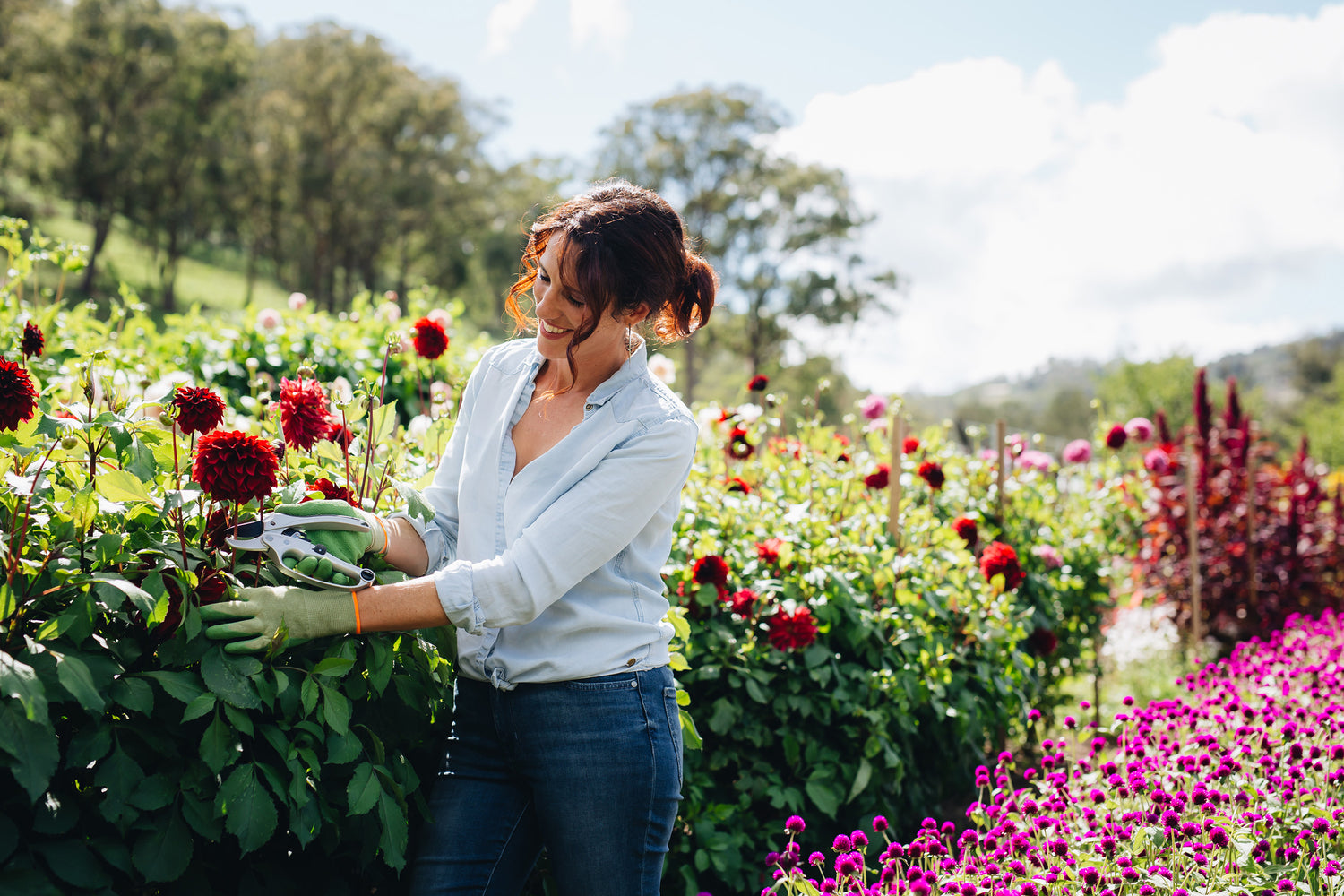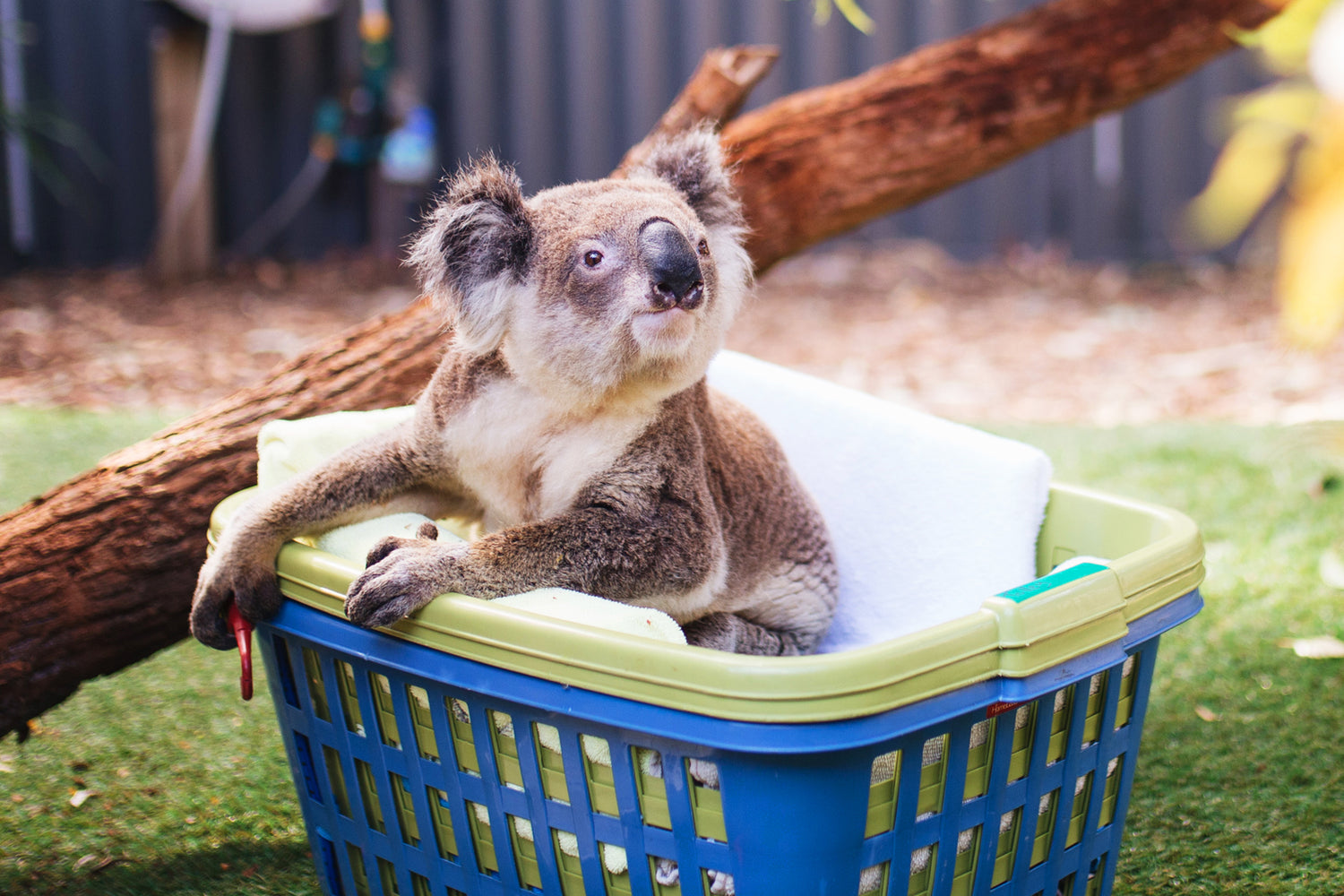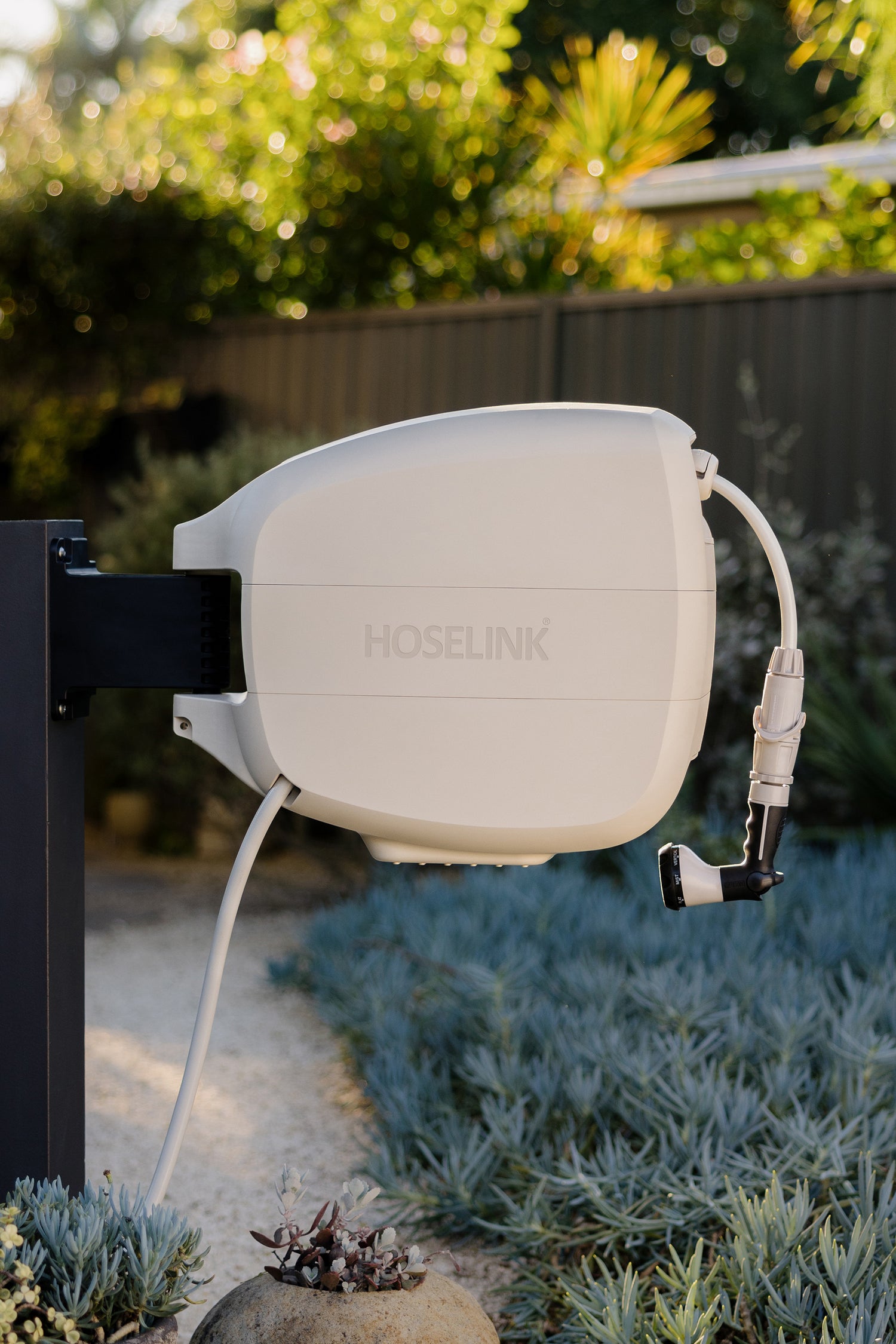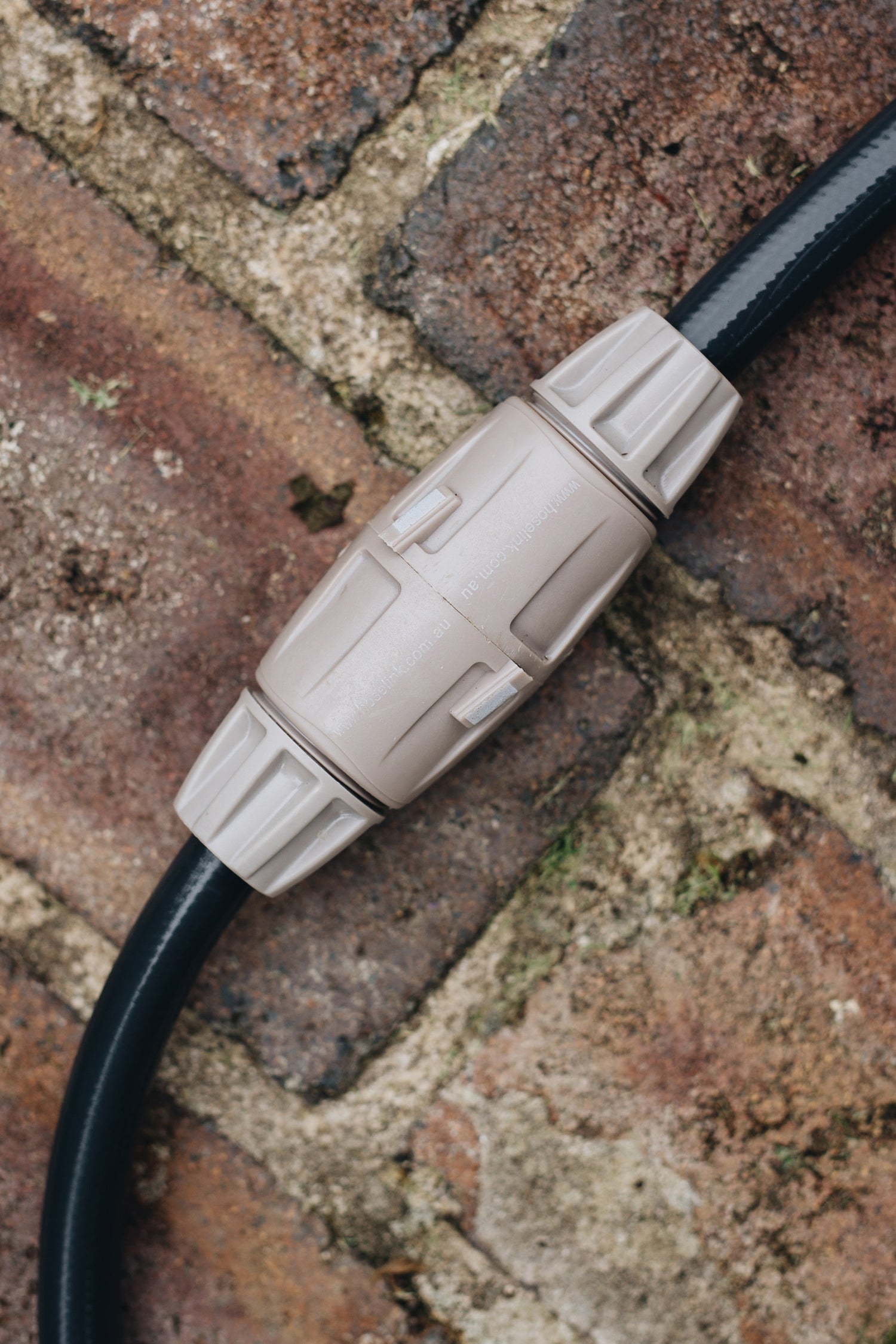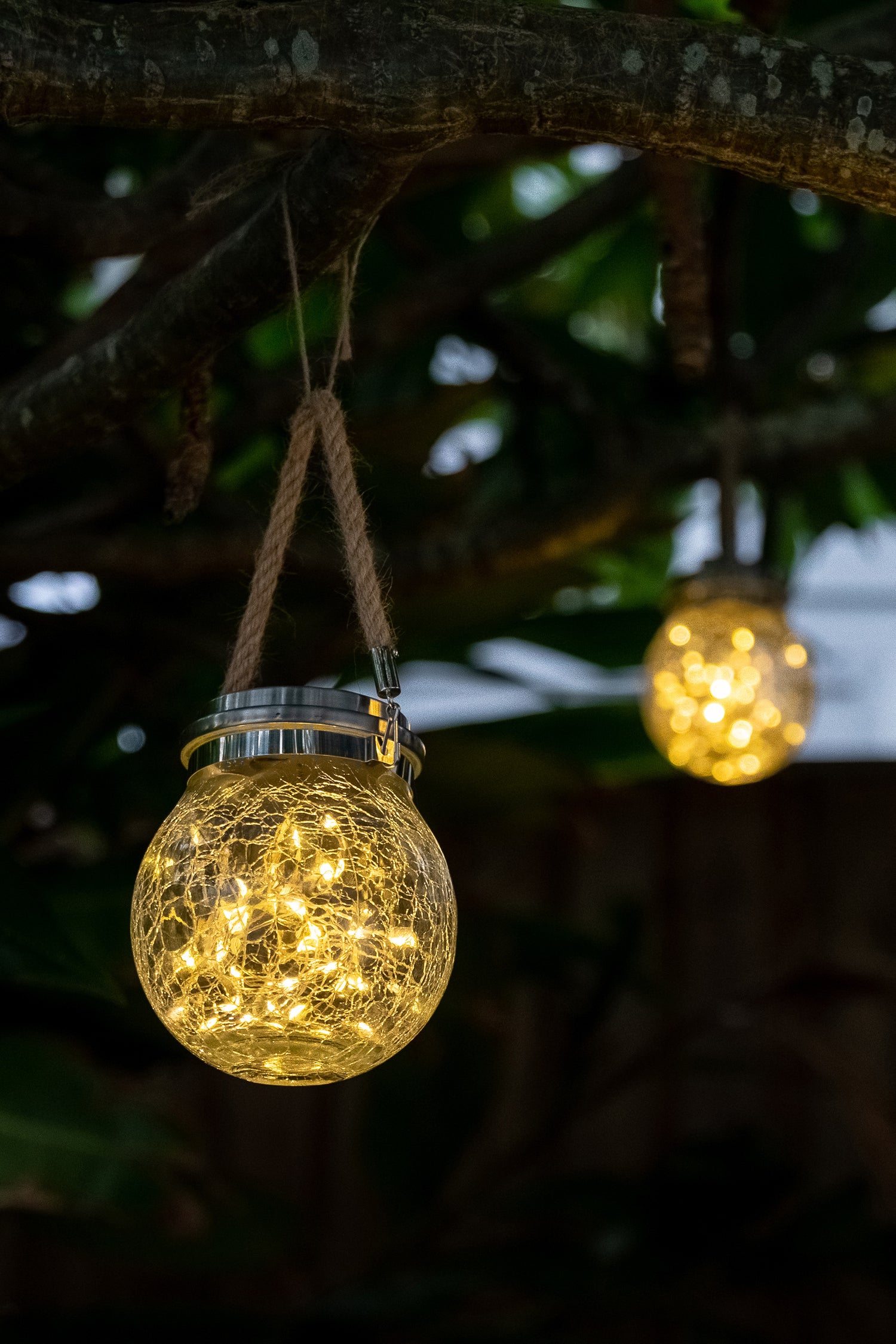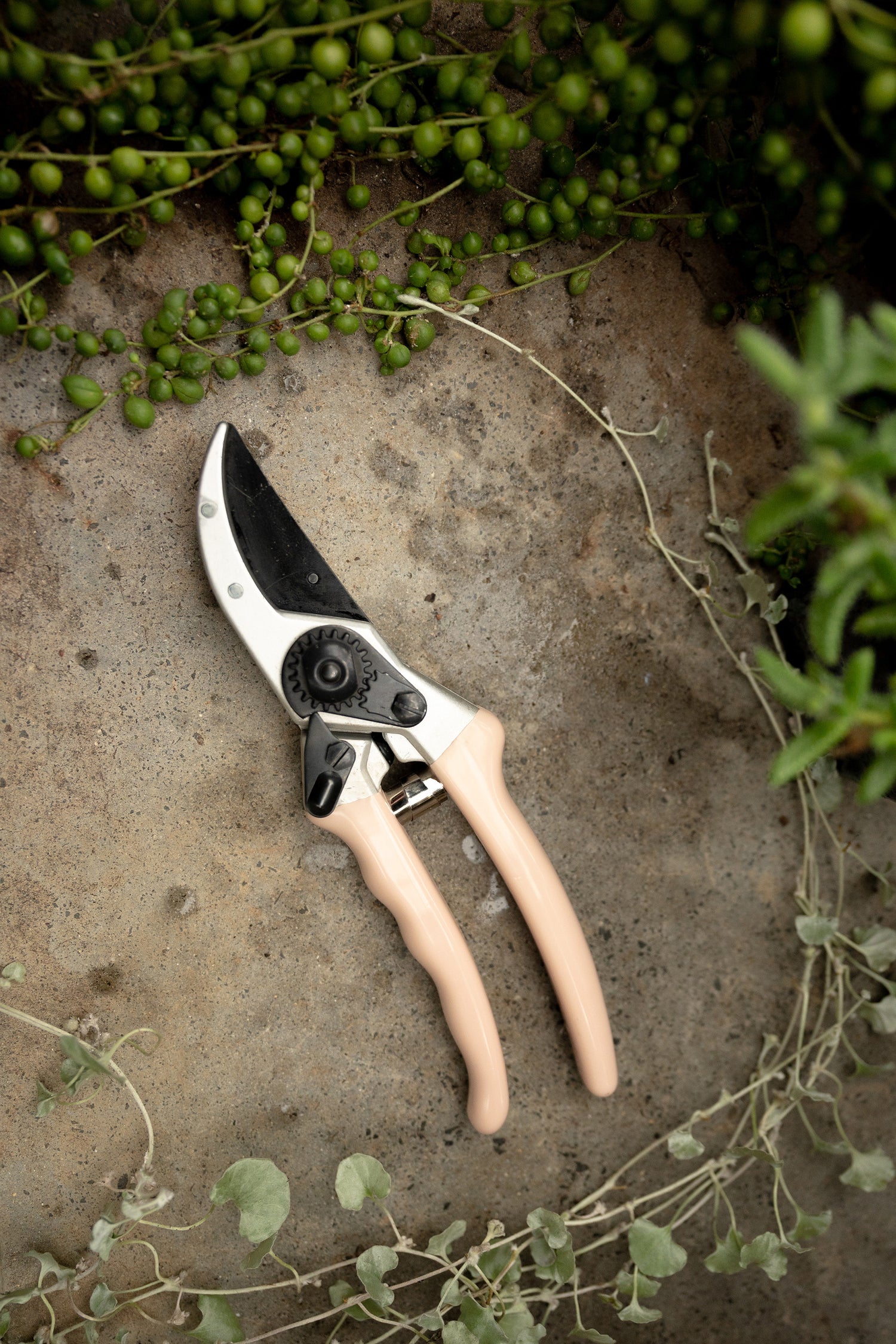Nearly every garden has a shady corner or a dark patch that gets little or no sun, whether it’s a border enveloped in shade from the shadows of a house, usually on the south side of your home, a big tree, shed or fence blocking the light, or a balcony that doesn’t receive much sun, it’s a problem many gardeners face.
These parts of the garden can be some of the most challenging spaces to grow plants in, particularly in full shade. However, as plants are the ultimate niche-fillers in nature, there are many plants readily available that are suitable for growing in varying levels of shade. Before you make your selection, it’s important to assess the light conditions you will be planting in, as there are many degrees of shade:
- Full shade – This means no direct sunlight reaches this part of the garden. This is the most challenging environment to grow in.
- Semi or partial shade – This type of shade is when an area gets sun for only part of the day. Plants can be very fussy, and the time of day they receive sunlight can impact growth and survival, particularly with the temperature changes and differing light the time of day brings. So, ensure you know whether it’s morning or afternoon sun your garden receives before choosing your plants.
- Light or dappled shade – This is an area that receives filtered sunlight during the day, usually under a tree with foliage that is not too dense.
Many of the best shade-tolerant plants can be identified by their lustrous, deep green foliage although not all follow the rule. Here are some fantastic choices to brighten up those shady spaces:
Mona lavender
Plectranthus

This beautiful member of the Plectranthus family is a neat, low-growing, rounded shrub that flourishes with spikes of vibrant lavender-purple blooms floating above deep green ornamental leaves with intensely purple undersides. This fast-growing shade-lover thrives in containers and is very easy to grow, best propagated from cuttings. The tough plant is versatile and will reside happily in full or half shade outside or as an indoor plant, only requiring water every few days to keep the soil consistently moist but not waterlogged.
• Grows to about 80cm tall
• Likes full or partial shade
• Happiest in fertile, well-drained soil
• Flowers from late summer through to late autumn
• Herbaceous, perennial shrub
Silver spurflower
Plectranthus argentatus

The species of flowering plant belongs to the mint family and is native to the border region of Queensland and New South Wales. With large velvet-like grey leaves and spikes of small mauve and white flowers in autumn, this hardy shrub is well-suited to growing in shade. Silver spurflower is a vigorous spreading plant, so may be better suited to growing in a container if you don’t want it to take over your garden bed. It’s fairly drought tolerant too, making it a good all-rounder.
• Grows up to 100cm tall
• Likes partial or dappled shade
• Happiest in moist but well-drained soil
• Flowers in autumn
• Evergreen
• If kept well trimmed it will remain dense
• Cannot tolerate frost
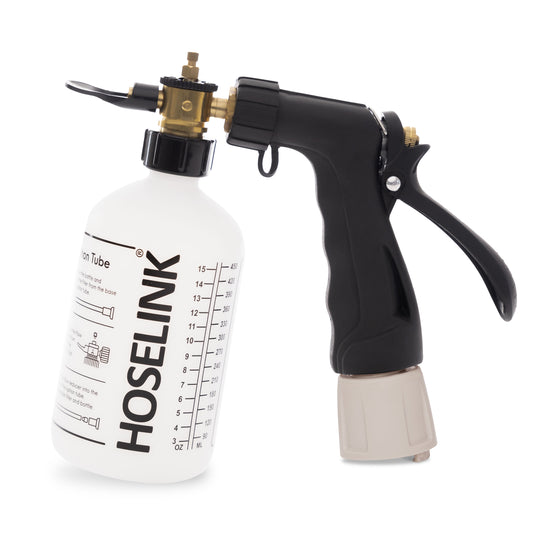
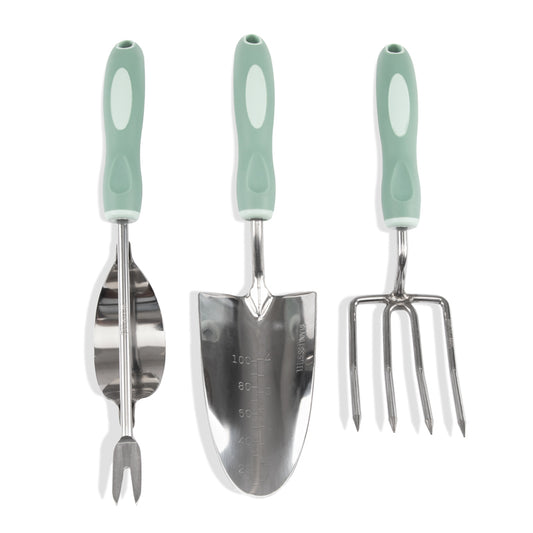
Sweet Box
Sarcococca confusa

This medium-sized hardy evergreen shrub bears dark glossy green foliage and clusters of small ivory flowers that bloom in winter. Perfect for trimming into a low hedge, sweet box is a compact, hardy plant that can tolerate poor weather and light conditions. The shrub likes regular watering, rich soil and needs little else, rewarding gardeners with a display of fragrant flowers in winter.
• Grows slowly up to 2m tall
• Likes partial to full shade
• Needs rich, well-drained soil
• Flowers in winter through to spring
• Evergreen shrub
• Red, purple or black berries follow the flowers
Camellia ‘Lady Gowrie'
Camellia x Williamsii

Boasting large showy fuchsia blooms, this striking flowering shrub is suitable for growing in beds and containers and will grow happily in partial shade. A hybrid between a camellia japonica and a wild camellia called camellia sasanqua, this hardy shrub is drought-tolerant once established, renowned as the queen of winter as it’s among the most cold-hardy camellias. Best grown in consistently moist, well-drained soil protected from cold, dry winds.
• Grows up to 3m tall with a 1.8m spread
• Likes partial shade
• Happiest in slightly acidic, well-drained soil
• Flowers from late winter through to mid-spring
• Evergreen
• Low-maintenance
New Zealand rock lily
Arthropodium cirratum

A hardy evergreen perennial originating from New Zealand, this plant’s beautiful year-round blue-green foliage and striking star-shaped white flowers appearing in summer make an elegant sight in the garden. New Zealand rock lily is a clumping plant that creates a lush tropical effect in the yard, thriving in partial shade or full sun, suited to containers and dry shady areas.
• Grows up to 100cm tall
• Likes partial shade or full sun
• Happiest in well-drained soil
• Flowers in summer
• Evergreen
• Ideally needs to be planted en masse for full effect
Winter Daphne
Daphne Odora

Best suited to the cooler parts of Australia, the compact winter daphne plant is famed for its sweet fragrance and showy pink and white flowers that bloom in winter. At home in dappled shade, in pots or grown in the ground, daphne can be a little fussy about its growing conditions. If sown directly into the ground they require excellent drainage and a cool, sheltered spot, with light pruning and infrequent watering – they are prone to root rot so shouldn’t be left to stand in water at any time. It’s best to water and leave the soil to dry out each time before re-watering. Mulch well to keep the roots cool.
• Grows up to 150cm tall
• Likes dappled shade
• Happiest in moist but very well-drained soil
• Flowers in late winter through to early spring
• Evergreen
• Red berries follow the flowers
Oakleaf Hydrangea
Hydrangea quercifolia

The oakleaf hydrangea’s spires of densely-packed white lacy blooms put on a display throughout summer in Australia, popping in contrast to the plant’s large apple-green leaves. Hardy to extreme weathers, this hydrangea is best planted in a sheltered, shady position with cool, moist soil for it to thrive. Available in single and double blossom varieties, the oakleaf gets its name from the distinct shape of its leaves.
• Grows up to 150cm tall
• Likes partial shade
• Thrives in moist but well-drained soil
• Flowers in summer
• Can be deciduous or evergreen
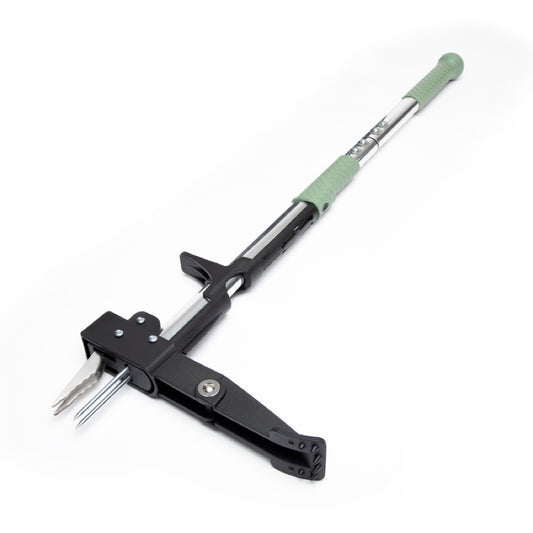

Clivia lily
Clivia miniata

This almost unkillable plant from the Amaryllis family promises to brighten up any outside space with their clusters of vibrant trumpet-shaped flowers that bloom in shades of orange, red and yellow come spring. Held on stalks above long dark green leaves, the plant is also known as bush lily and originates from South Africa. It grows exceptionally well in most parts of Australia, from warm to cold climates. Ideally planted in clumps, fire lilies like a full or partial shady position, i.e. beneath a tree.
• Grows up to 50cm tall
• Likes full or partial shade
• Happiest in well-drained soil
• Flowers in spring through to summer
• Evergreen
• Drought-tolerant
Giant mondo grass
Ophiopogon japonicus

Though referred to as a grass this plant is actually a lily and can completely transform bare or stark areas of the garden, softening a harsh space with its neat clumps of shiny dark green leaves. It grows particularly lush in shaded spaces and flowers in summer with elongated flower spikes laden with creamy white blooms.
• Grows up to 75cm tall
• Likes partial to full shade
• Happiest in well-drained soil
• Flowers in summer
• Evergreen
• Ideally needs to be mass-planted for full effect
• Blue berries will follow the flowers
There's a whole range of beautiful plants to choose from for shady locations that are going to give you contrasting textures, a variety of foliage, colour and flowers to boot. To help you with watering these shade-loving plants we suggest using our reliable Retractable Hose Reel, available with a choice of hose lengths. We also have a wide variety of gardening tools perfect for digging, cultivating the soil, weeding, planting and much more. Our full gardening range can be viewed here.
Happy planting!
NB This article has been written for Australian gardens. If you're reading this from around the world, we do hope you've found it a useful stepping stone for your own further research.

